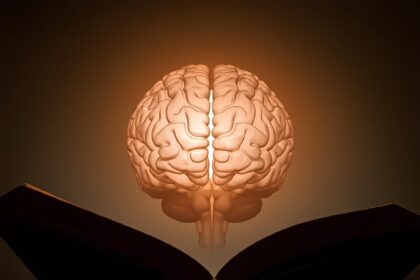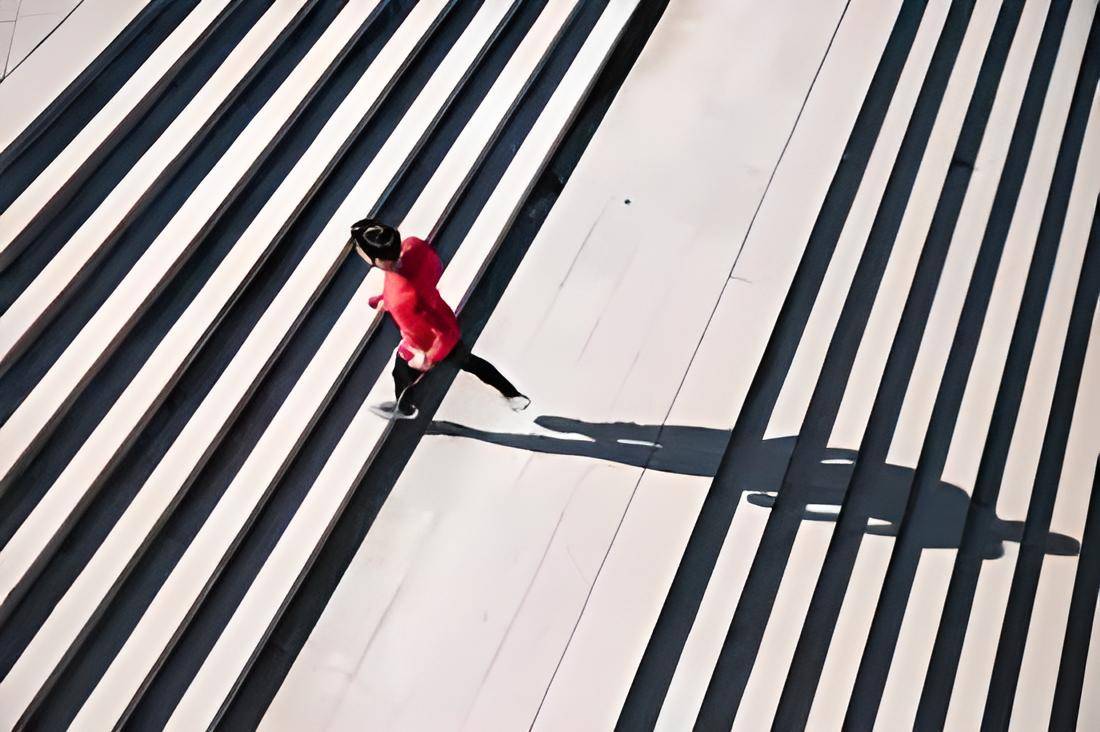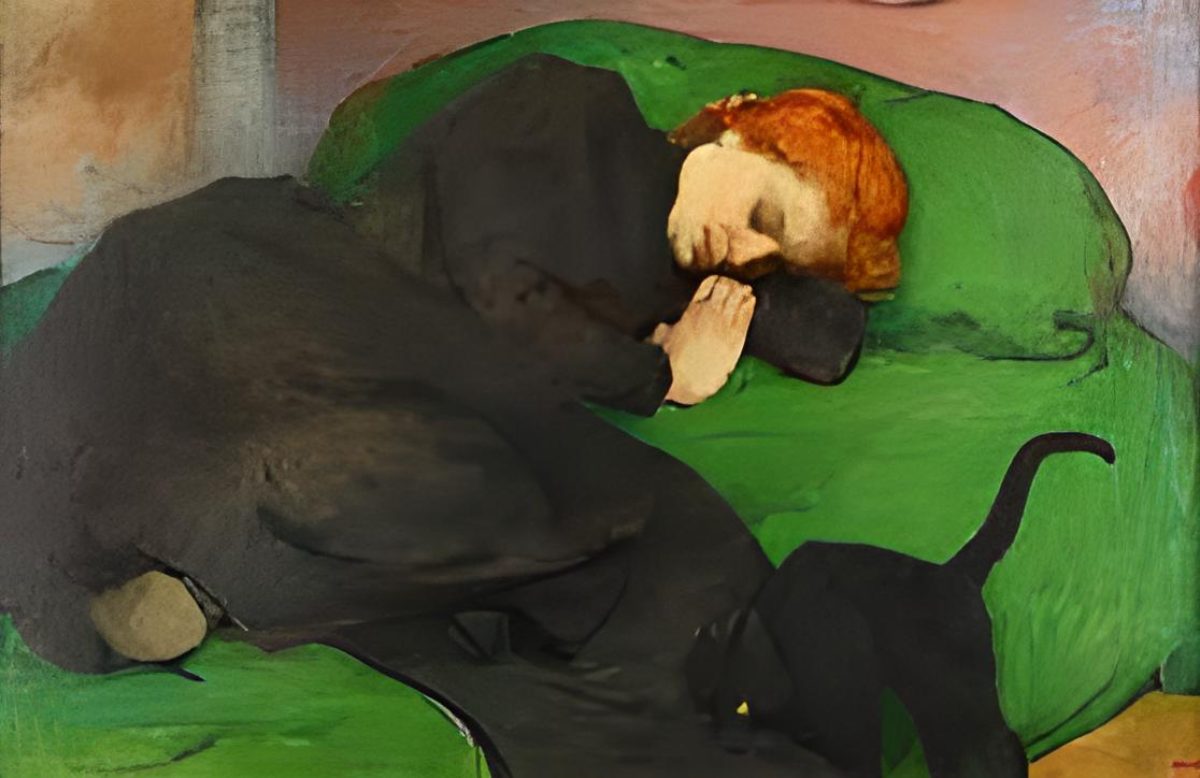If you continue to read in the dark, your eyes will be permanently damaged. This reprimand was most likely shared with many people when they were children. But should a parent even be concerned about anything like this? Could reading in inadequate light truly cause nearsightedness or other refractive errors?
People believed that genetics were the primary factor in determining nearsightedness and that environmental factors had only a very small role. This belief existed as late as fifty years ago. Experiments conducted with monkeys and birds showed, however, that this kind of impaired eyesight could be purposefully created.
For instance, hens were outfitted with specially designed matte glasses that obscured their eyesight. As a direct consequence of this, the chicks’ eyeballs started to grow. Because of this, the picture that was created by the eye lens was no longer projected precisely onto the retina, which caused the chicks to develop nearsightedness.
Vision impairment leads to an increase in eyeball size
The trials demonstrated that it is necessary to have fine details on the retina in focus, to avoid excessive expansion of the eyeball. This also applies to human beings. For instance, if a child’s eye lens is cloudy when they are young, there is a chance that they may develop nearsightedness as they become older. This is because the eye will attempt to remedy the apparent farsightedness.
But a lack of light may also cause this effect. When scientists placed a form of sunglasses on chicks, they forced them to live in perpetual low light. They did this so they could study the impact of a lack of light. These chickens also acquired myopia, but to a far lower degree than their contemporaries who wore matte glasses.
Myopia is spreading like wildfire among the student population
The question is, what does this imply for humans? Does reading in the dark corner of the room or beneath the blankets cause long-term harm to the eyes? The consensus is that “no” is the most appropriate response to this question. Because several studies have shown that the prevalence of myopia, or nearsightedness, has substantially grown over the last few years and decades, particularly among students.
There is a strong connection between the total number of hours spent in education and impaired vision. For instance, there has been a substantial increase in the number of youngsters suffering from myopia in Asia as the education levels in that region increased and children spent more time in school and on their homework.
Dopamine triggered by sunlight
But to what extent is reading the fault of impaired vision like myopia? The results are inconclusive. But experts believe it’s more probable that the culprit is youngsters spending more time sitting at home than the amount of time they spend reading. Recent research has indicated that encouraging youngsters to spend more time outside may help to reduce the risk of nearsightedness in childhood.
Because exposure to strong sunlight stimulates the neurotransmitter dopamine to be produced in the eye. This, in turn, stops the eyeball from expanding to an unhealthy degree. If youngsters spend more time outside and less time inside, there will be less of a negative impact.
People from cities vs. rural areas
According to the study, this connection also explains why children living in cities have a higher risk of having nearsightedness than children living in rural regions: children living in cities spend less time playing outdoors than their counterparts living in rural areas.
There are experimental initiatives already underway in China and Singapore to encourage families to participate in more outdoor leisure activities. It is safe to say that bookworms who spend more time outdoors won’t be causing any damage to their eyes.
The findings of the study indicate that there is strong evidence that this may at least partly compensate for the strain that is placed on the eyes as a result of close-up vision.





















